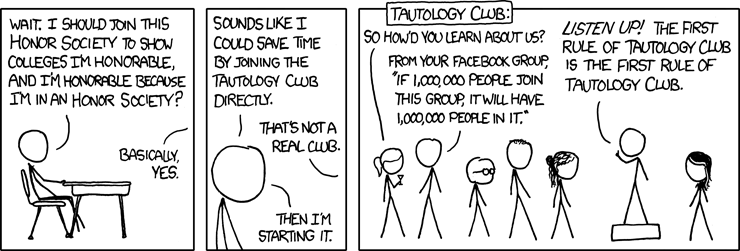We're finishing up the evolution unit in biology right now, and of course I'm thinking about the creation versus evolution debate. A PowerPoint presentation displayed the striking genetic similarities between humans and chimpanzees (in addition to a few other related species), and later loudly proclaimed how it conflicted with "traditional views".
Note: this PowerPoint was not created by the teacher; it was borrowed from a teachers' resource collection.
The slides talked about how the genetic similarities - like similar bullet casing grooves at a crime scene - indicate common origins. I'll say right now that I don't take an issue with that. In just a few short words, it equated that with common ancestry. That's a very subtle equivocation; those concepts are quite different.
To have a common origin is to have been produced by the same process or agent. To have common ancestry (in this context) is to have evolved from the same older species back in time. I think the common origins of the similar-looking species do not harm the creationist viewpoint; in fact, they may strengthen it. A God creating all this life on Earth, and later humanity in His image, will keep a consistent "style".
Take, for example, some compiled applications which have inlined their dependency DLLs. If two applications depended on the same class library, they will share that code or at least most of it, depending on things like inheritance. Does that mean the executable files evolved through random chance? No! They were put together by an intelligent agent, in this case the programmer, wanting to re-use code to manage complexity.
Similar analogies could be made to (again programming) classes. If you override some of the methods of a class, you will get a new class with much the same behavior as the old, with some key differences - the changed and added methods.
This doesn't prove the creationist case, but it does correct a fallacy used to apply data to something it may not represent. Watch your wording.











